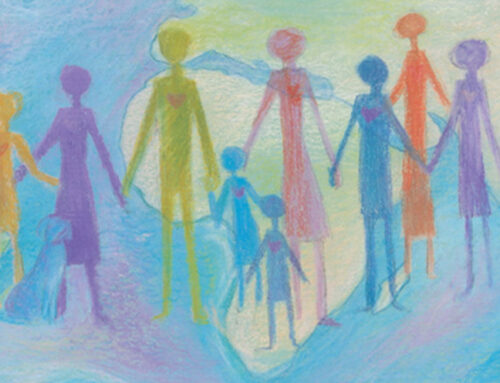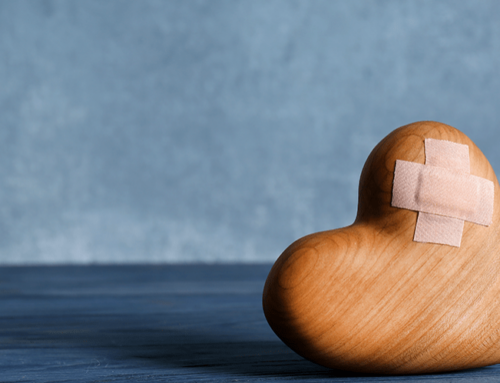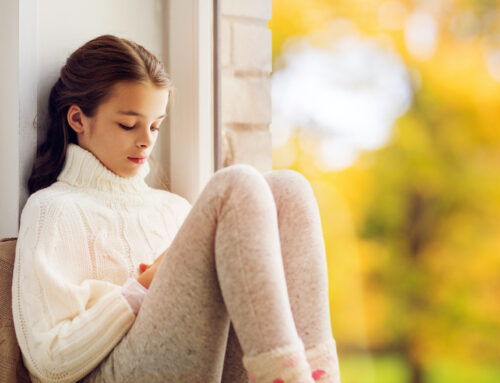By: Samantha Congdon, LMFT
Summertime is often thought of as endless fun-filled with longer days, warm weather, no school, and breaks from the typical work routine. This all sounds great! So, why do I feel sad? Some people are surprised to learn for some, summer can cause seasonal depression. Seasonal Affective Disorder (SAD) is recognized as a Major Depressive Disorder (MDD) with seasonal pattern specifiers. While it is more common to see symptoms of SAD during the cold and rainy months of fall and winter, SAD can also affect people in the late spring and summer months (verywellmind.com)
Seasonal Affective Disorder (SAD) is a condition distinguished by recurrent depression episodes that return every year around the same time (smithsonianmag.com). “What is Summer Depression?” Writer Sara Lindberg shares research from the Mayo Clinic, which explores how SAD symptoms present differently in the summer than they do in the fall and winter. Typically, those who struggle with SAD in the fall and winter present with low energy, pervasive sadness, daytime tiredness, and decreased activity. Individuals who experience SAD in the summer often present with opposite symptoms, such as irritability, agitation, anxiety, restlessness, weight loss, poor sleep, insomnia, and a decrease in appetite.
So, why do some of us feel like Lana Del Rey’s song, “Summertime Sadness” is on repeat? Norman Rosenthal, MD, and colleagues at the National Institute for Mental Health share concerns about exposure to too much sunlight in the summer months and how it can lead to changes in an individual’s circadian rhythm (health.com). With longer days in the summer, your melatonin production is lower, which can throw off your sleep-wake cycle, resulting in disrupted sleep patterns. Lack of sleep plays a huge role in our mental health and can increase symptoms of depression, irritability, agitation, and anxiety. Other possible reasons for increased summer sadness include high temperatures, lack of a routine or structure, and negative body image. The pressure of going on vacation, obtaining the perfect beach body, and extreme summer heat can also affect your mood negatively.
SAD can be debilitating like other mood disorders, but there are some actions you can take to lessen the severity of summertime depression. Sara Lindberg shares some ways to cope when you’re starting to feel low. Starting with exercising 30-60 minutes a day 5 times per week, increasing mindfulness meditation, deep breathing, and any other self-care strategies. Other summer solutions specific to SAD include buying heavy blackout curtains to decrease light, which may increase melatonin production to help improve sleep (health.com). If these home remedies are not helping, it may be time to seek professional help and possibly explore whether medication may better support your mental health. Remember you are not alone, and there are ways to help relieve your summertime SADness.
Resources:
Handwerk, B. People Get Seasonal Depression in the Summer, Too. June 22, 2015. Smithsonianmag.com. https://www.smithsonianmag.com/science-nature/people-get-seasonal-depression-summer-too-180955673/.
Krueger, A. 12 Signs You Suffer From Summer Depression. July 31, 2013. Health. https://www.health.com/condition/depression/12-signs-you-suffer-from-summer-depression?
Lindberg, S. What is Summer Depression? January 30,2020. Verywellmind. https://www.verywellmind.com/summer-depression-symptoms-risk-factors-diagnosis-treatment-and-coping-4768191.
Nai, D. It Turns Out You Really Can Get That Summertime Sadness. June 25, 2019. Healthline. https://www.healthline.com/health/summer-SAD-is-all-too-real






